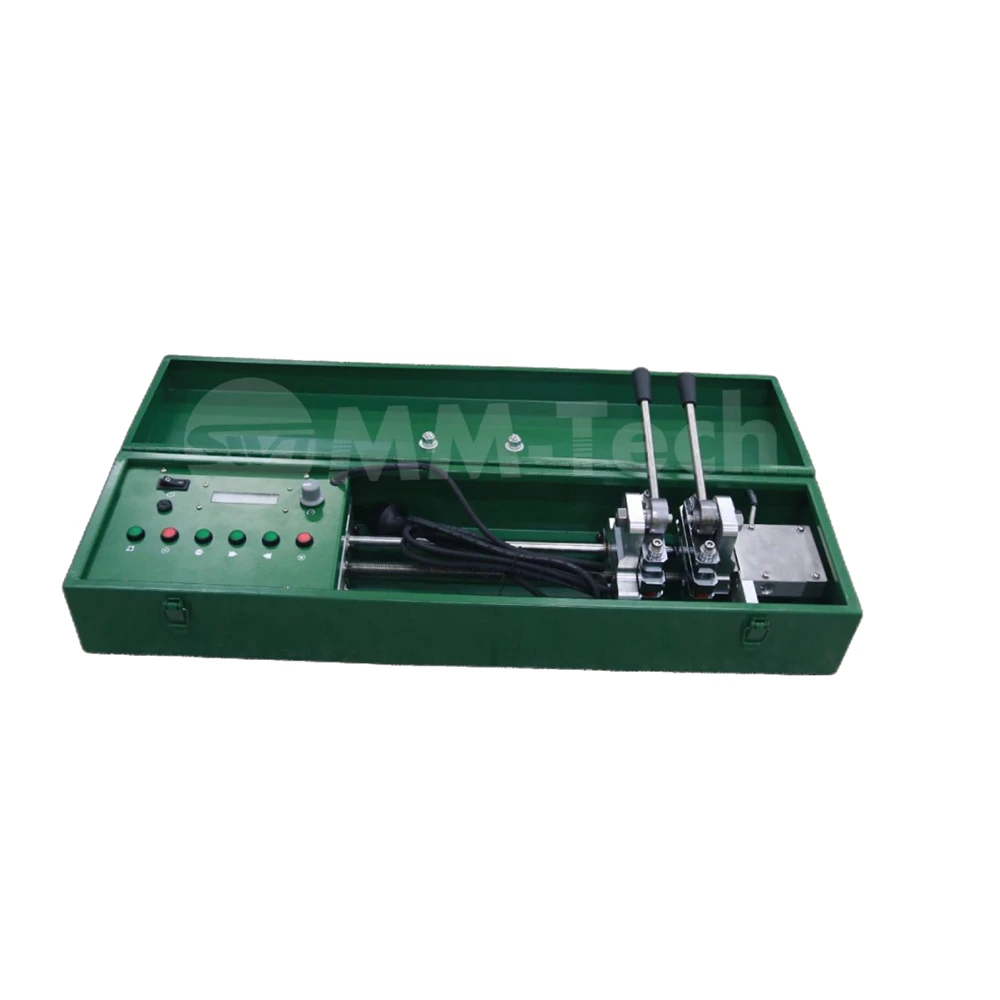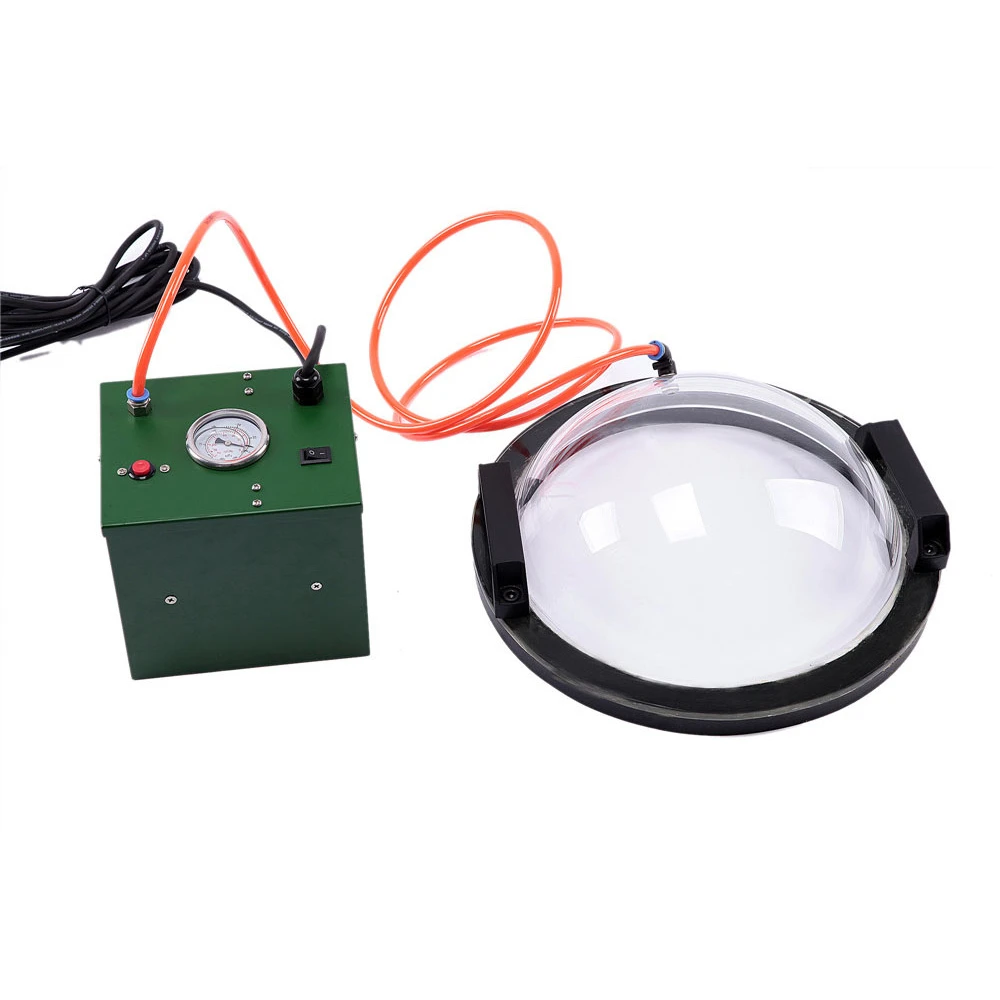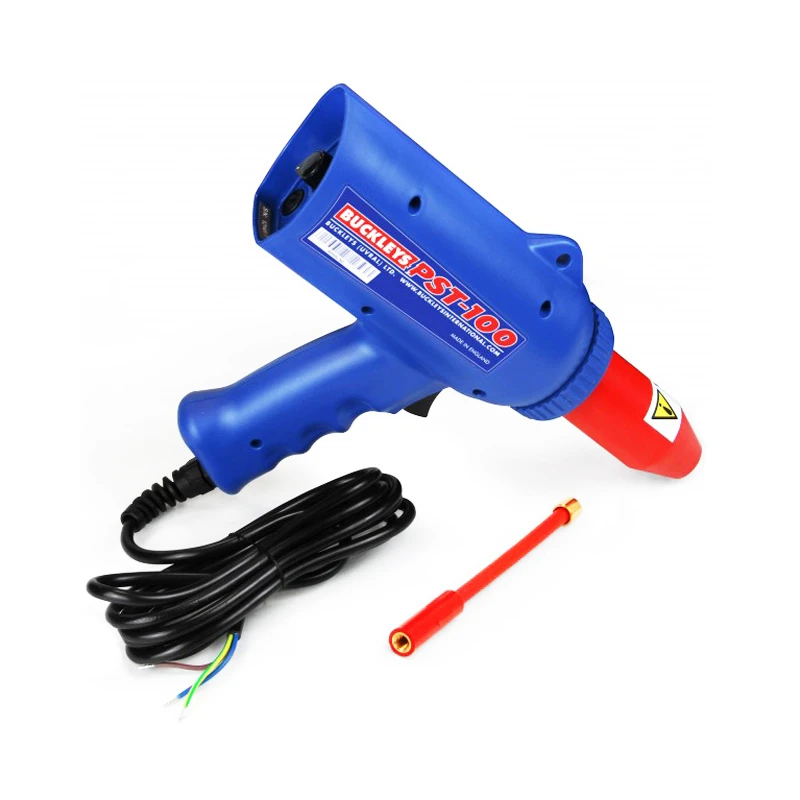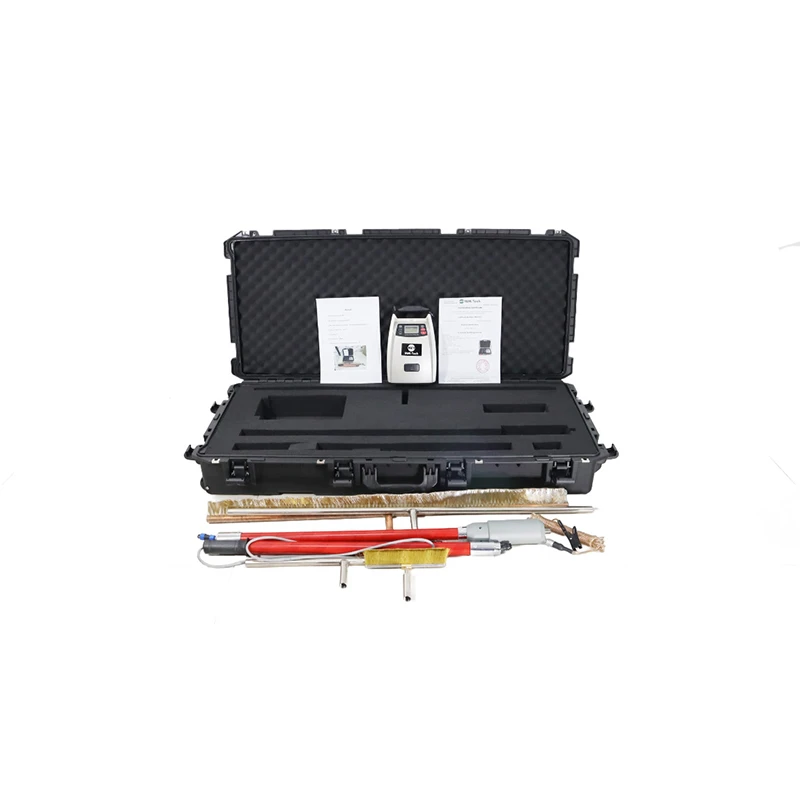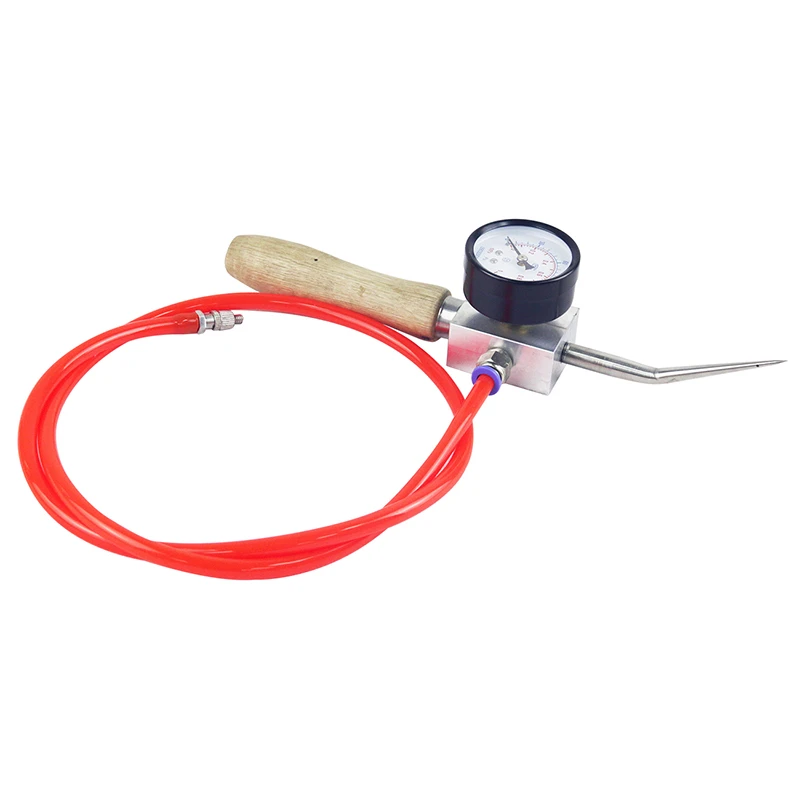-
 Courriel : info@peweldingmachine.com
Courriel : info@peweldingmachine.com
-
 +86-137 3974 5191
+86-137 3974 5191
-
 Ajouter:
Ajouter:N° 355, rue Youyi, district de Qiaoxi, Shijiazhuang, Hebei, Chine.
Outils de test
La soudeuse à bannières est un outil spécialement conçu pour souder efficacement de grandes bannières, tentes et tissus. Ces machines sont souvent utilisées dans les secteurs de l'impression, de la publicité et du textile, où la création de bannières, panneaux d'affichage et enseignes de grande taille est essentielle. Les soudeuses à bannières sont conçues pour relever les défis spécifiques du soudage de grandes pièces. Elles permettent d'assembler des matériaux aux surfaces lisses et propres pour créer des joints à la fois esthétiques et suffisamment robustes pour résister aux intempéries, comme le vent et la pluie.
Les machines peuvent souder des coutures, des ourlets et des renforts, garantissant ainsi une étanchéité et une durabilité optimales de la bannière. Le procédé est très précis et les machines sont généralement dotées de réglages de température, de vitesse et de pression réglables, permettant à l'opérateur de personnaliser le procédé de soudage en fonction des matériaux utilisés et des résultats souhaités.
What Are Testing Tools?
Testing tools are software applications or frameworks designed to assist in evaluating, verifying, and validating the functionality, performance, security, and usability of other software, systems, or products. These tools help automate testing processes, detect defects, and ensure that the final product meets quality standards before deployment.There are various types of testing tools, each catering to different aspects of software testing. Functional testing tools focus on verifying that a system operates according to its specified requirements, ensuring that all features work as intended. Performance testing tools measure speed, responsiveness, and stability under different conditions, identifying bottlenecks and potential failures. Security testing tools assess vulnerabilities, helping to prevent cyber threats by identifying weaknesses in software defenses. Usability testing tools analyze user experience, making sure interfaces are intuitive and user-friendly.
Automation testing tools play a crucial role in modern software development, reducing manual effort and improving testing efficiency. They execute test scripts, compare expected and actual results, and provide detailed reports. Popular automation testing tools include Selenium, JUnit, and TestNG for software applications, while LoadRunner and JMeter are commonly used for performance testing.The choice of testing tools depends on project requirements, technology stack, budget, and team expertise. Open-source tools offer flexibility and community support, while commercial tools often provide advanced features and dedicated support. Cloud-based testing tools enable remote execution and collaboration, enhancing scalability and accessibility.
Testing tools streamline the software development lifecycle by identifying issues early, reducing costs, and ensuring a smooth user experience. As software complexity increases, the role of testing tools becomes more vital in maintaining quality and reliability, making them indispensable for businesses aiming to deliver high-performance and secure products.
What Is QA Testing Tool?
A QA testing tool is a software application or framework designed to assist quality assurance (QA) teams in evaluating and improving the quality, functionality, performance, and security of software products. These tools help automate and streamline the testing process, ensuring that applications meet specified requirements and function correctly before deployment. By identifying defects, inconsistencies, and vulnerabilities, QA testing tools play a crucial role in maintaining software reliability and user satisfaction.
There are various types of QA testing tools, each serving different testing needs. Functional testing tools verify that software features operate as expected, ensuring compliance with business requirements. Performance testing tools assess system responsiveness, stability, and scalability under varying workloads. Security testing tools detect vulnerabilities and potential threats, helping to safeguard applications from cyberattacks. Usability testing tools evaluate the user experience, ensuring that interfaces are intuitive and user-friendly.
Automation testing tools, a key component of QA, reduce manual testing efforts by executing pre-defined test cases, comparing actual results with expected outcomes, and generating detailed reports. Popular automation tools include Selenium, Appium, and TestComplete for functional testing, while JMeter and LoadRunner are widely used for performance testing.QA testing tools can be open-source or commercial, with cloud-based solutions providing flexibility and remote access. The choice of tool depends on project requirements, budget, technology stack, and team expertise. By integrating QA testing tools into the software development lifecycle, businesses can detect defects early, improve efficiency, and reduce time-to-market. With software systems becoming more complex, the use of QA testing tools is essential for ensuring high-quality, secure, and reliable applications that meet user expectations and industry standards.







